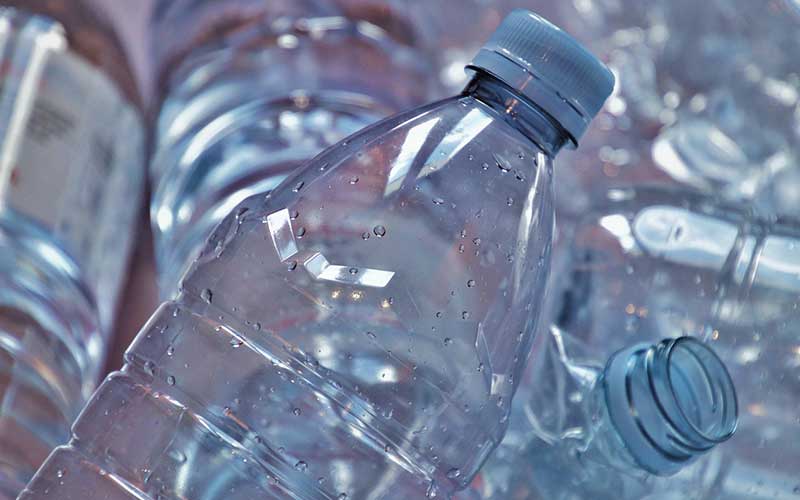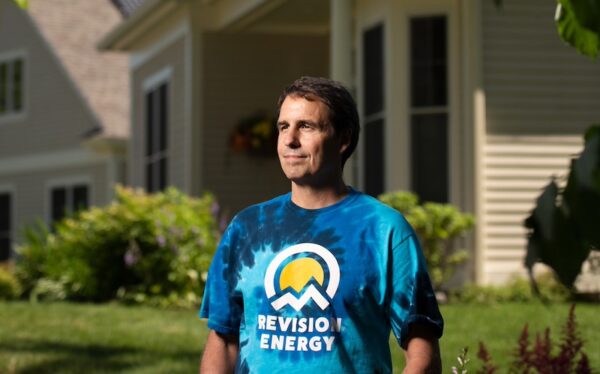
Plastics don't immediately conjure the thought of fossil fuels – but they should. Here's why. Photo: Pixabay
Look around your room right now. You’ll surely find at least five plastic items immediately. Phone cases, water bottles, tea bags – even your clothes. They all contain plastic.
This material is so pervasive in our lives that we don’t even think about it – despite our general understanding that plastic never goes away. Burning plastic creates harmful, climate-damaging emissions. Burying plastic contributes to leachate (toxic garbage juice) that seeps into our soil and groundwater. And all the plastic littering our environment? It breaks down bit by bit, leaving behind everlasting microplastics that, quite literally, infiltrate the entire world: from our waterways to our bloodstream.
Which begs the question, why are we still so reliant on plastics?
The short answer: Big Oil and Gas have found a new way to stuff their wallets – and they’re not about to let go.
Pivoting From Climate Pollution to Plastic Pollution
Plastics and fossil fuels are two sides of the same polluting coin. This connection becomes more apparent as the momentum for clean energy depletes Big Oil and Gas’ profits. Now that we’re calling for the end of climate-damaging emissions, the very industries at the root of our climate crisis have their backs against the wall. These corporate polluters now find themselves losing money to electric vehicles, heat pumps, solar, wind and other clean and electrified climate solutions.
But unsurprisingly, the fossil fuel industry values cash over human health. So, in a desperate attempt to maintain (and of course, grow) profits in the face of our strengthening climate movement, these greedy, corporate polluters have found a new opportunity: plastics.
Looking at how companies create plastics, this isn’t that surprising. Plastics are part of a sector called “petrochemicals,” or products made from fossil fuels like oil, coal, and gas. That’s right, corporations make plastic using dirty fossil fuels. So instead of directly selling climate-damaging fossil fuels – products rapidly losing value for energy production – companies like Exxon use their fossil fuels to pump out plastics.
Offsetting the loss of profits by switching to another polluting source? Sounds like “business as usual” to me. A scenario where Big Oil and Gas keep us addicted to plastics and fossil fuels.
Breaking Free from Industry Shackles
It’s time corrupt corporations stop controlling our lives and our future. Big Oil and Gas don’t get to decide our fate.
While we can audit single-use plastic waste in our lives, the most meaningful change will happen through collective action.
Tell your decision makers to hold these corporate polluters accountable for the plastic waste they create. To protect our health, climate, and environment from Big Oil and Gas’ next move, we need to advocate for a clean, zero-waste future. Collectively, we can hold the fossil fuel industry accountable for sacrificing our health in the name of greed.




